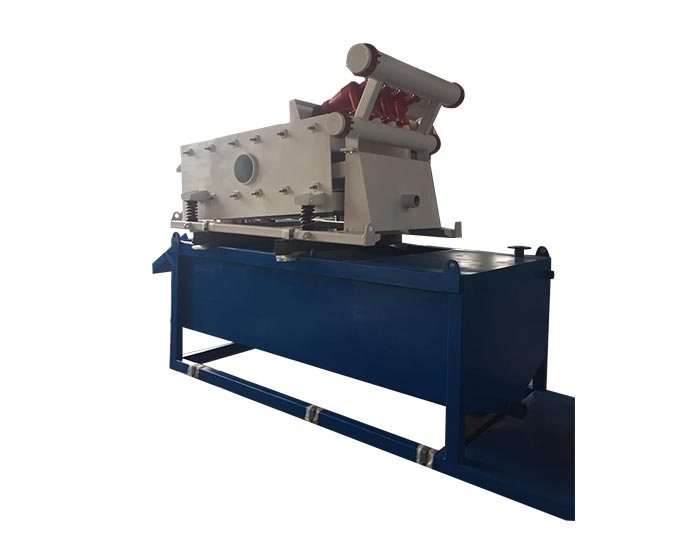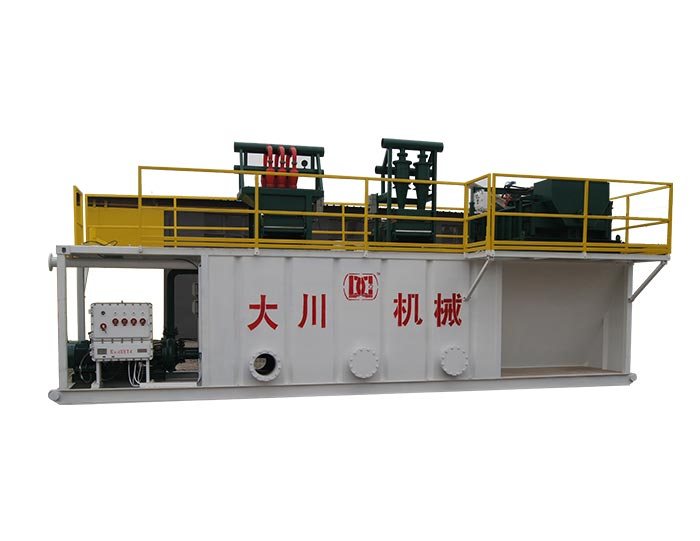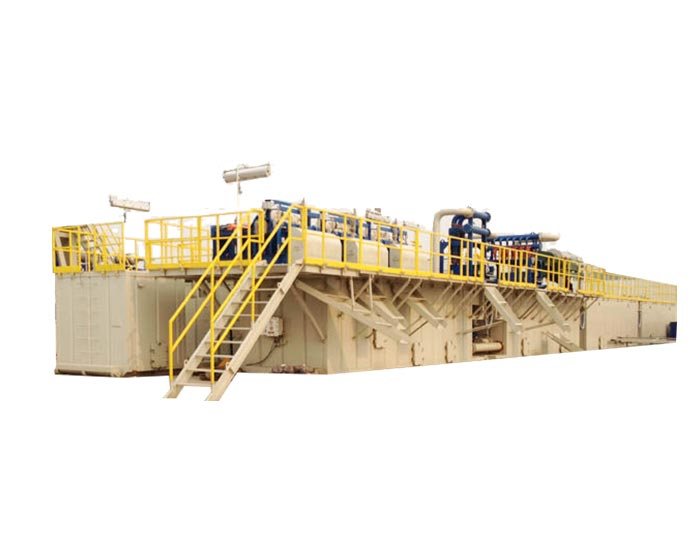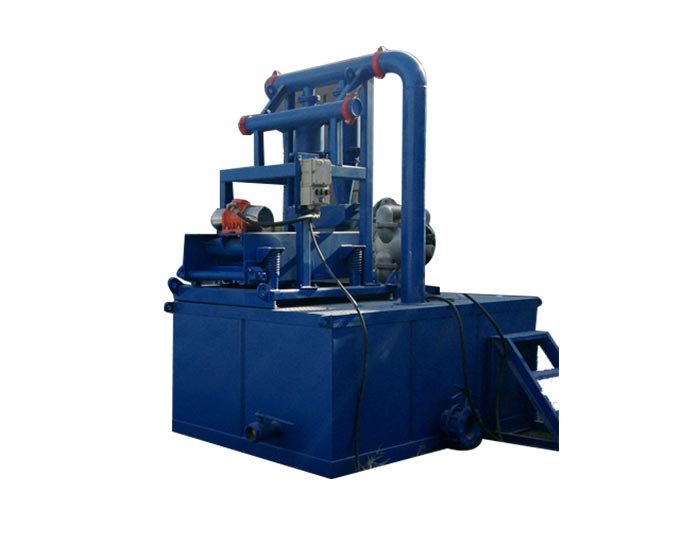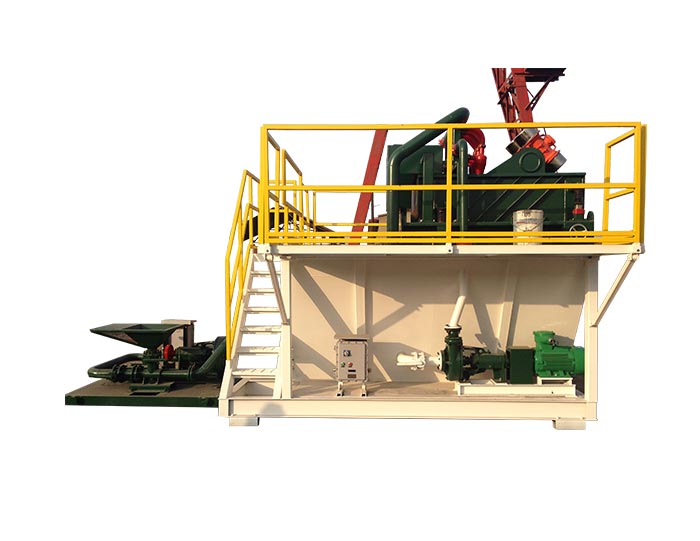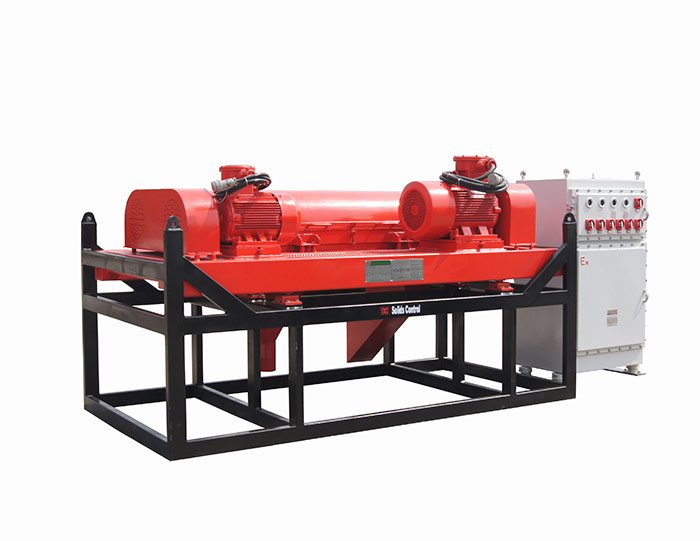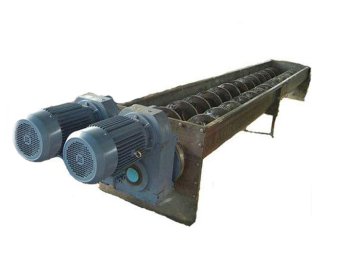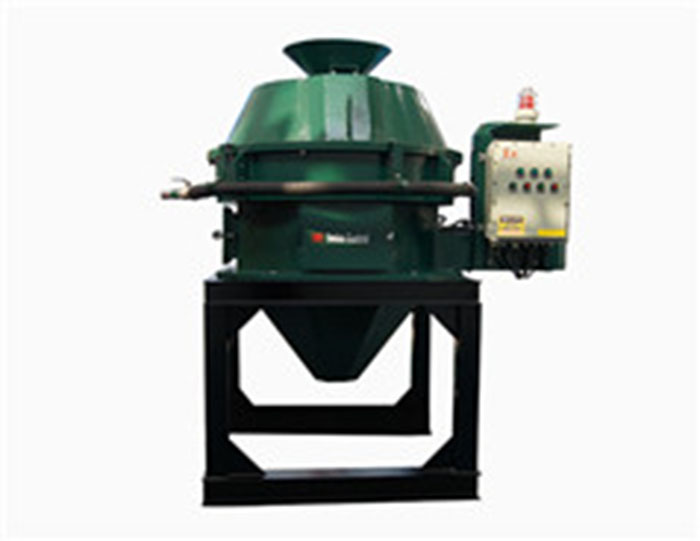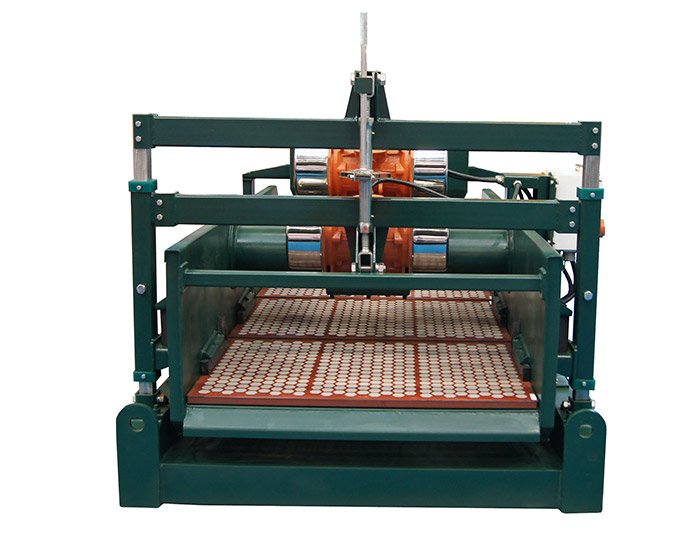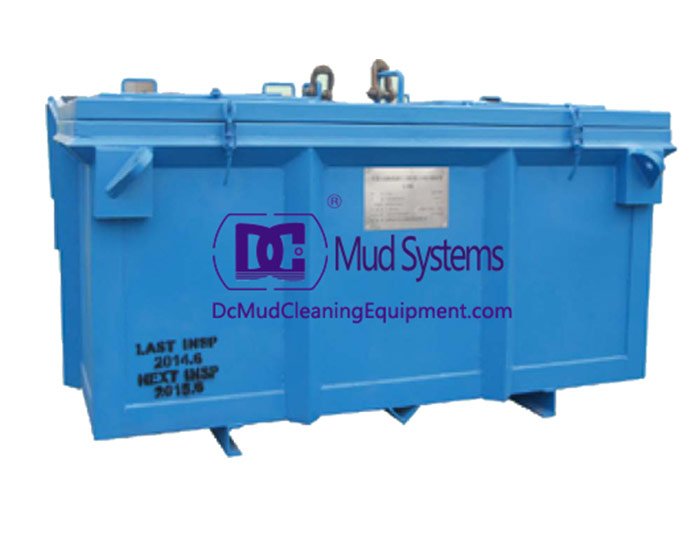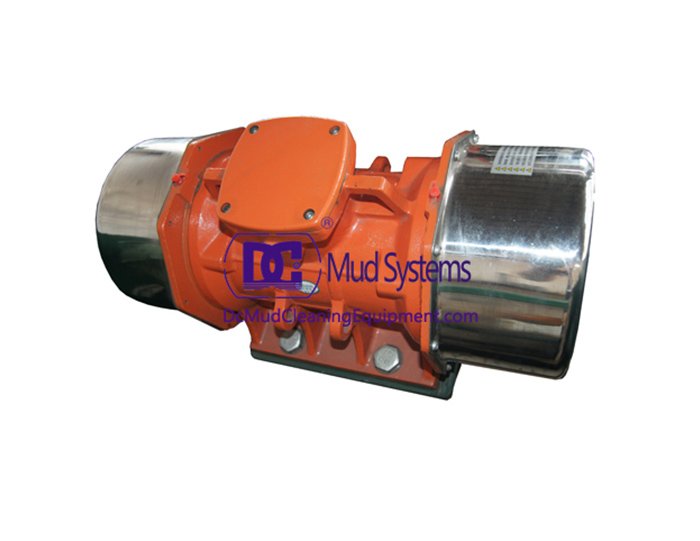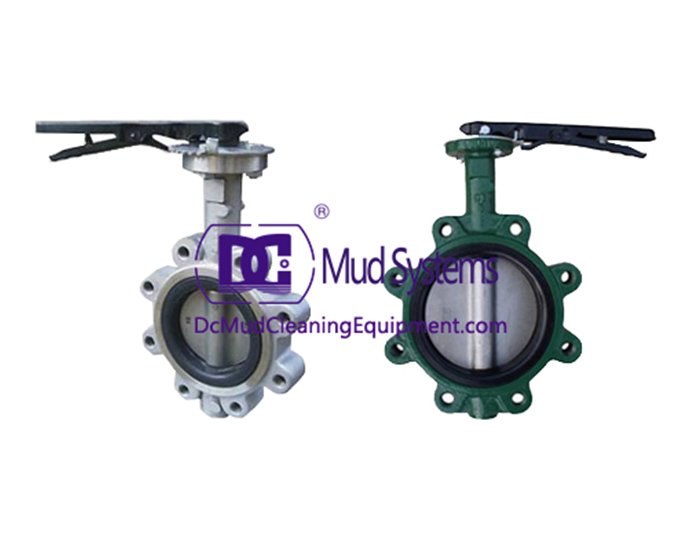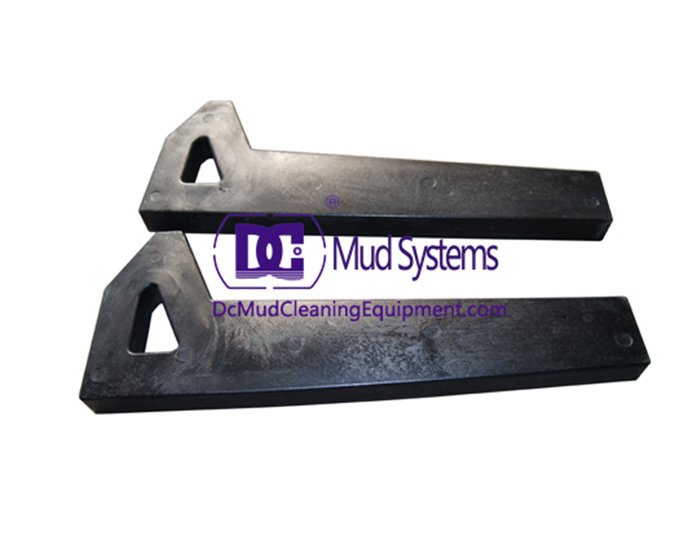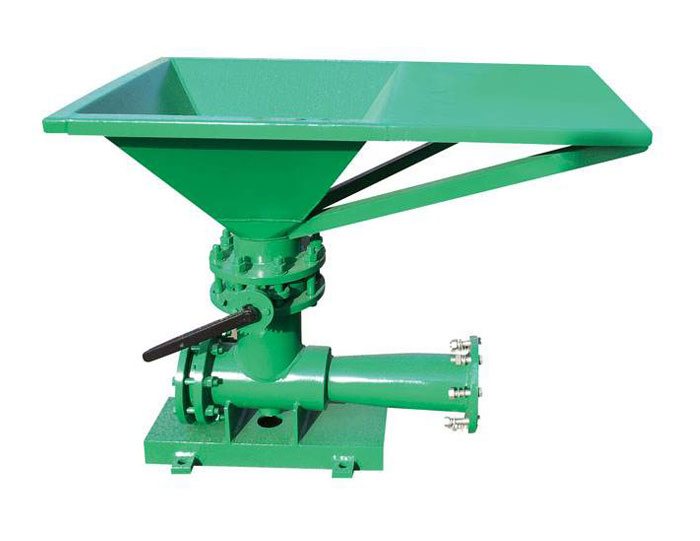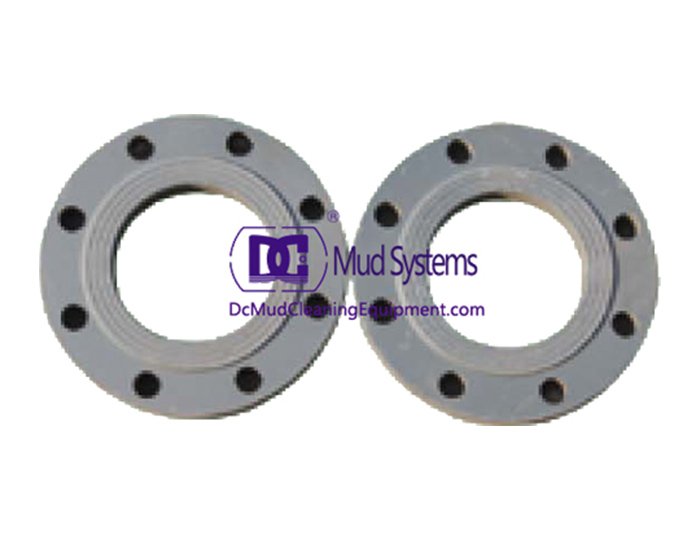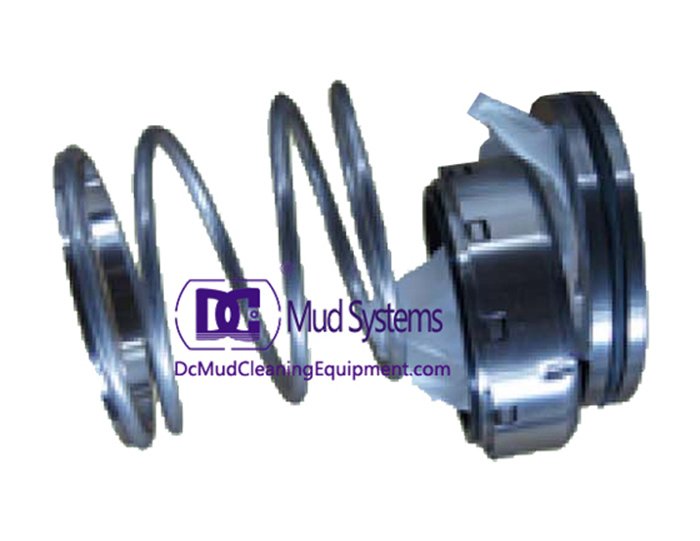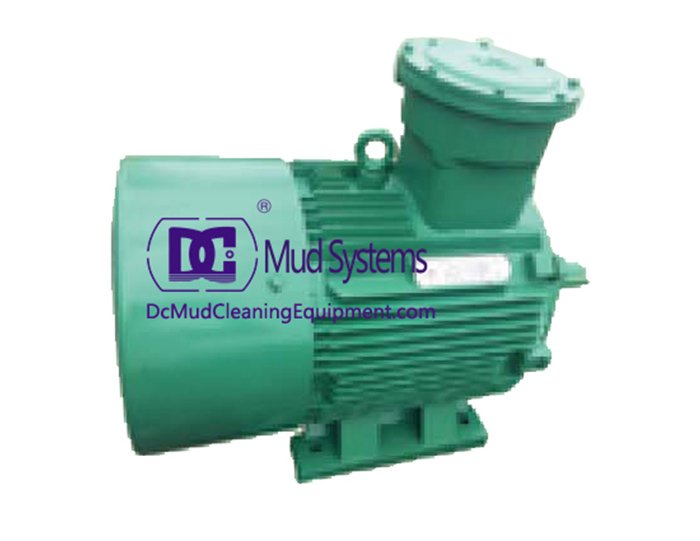In the realm of machinery, technology, and automotive sectors, spare parts play a pivotal role. They are not merely replacement components but are essential for maintaining the functionality and longevity of various equipment and vehicles. From ensuring
the smooth running of industrial machinery to keeping our cars on the road, spare parts are indispensable.
The Significance of Spare Parts
Imagine you’re operating a manufacturing plant that relies heavily on machinery for production. Suddenly, a critical piece of equipment malfunctions due to a worn-out component. Without immediate access to a replacement part, production comes to a halt, leading to potential financial losses, delays in delivery, and dissatisfaction among customers. This scenario highlights the importance of having ready access to spare parts.
Spare parts are designed to replace worn-out, damaged, or obsolete components in machinery, vehicles, and other devices. They are crucial for maintaining operational efficiency, reducing downtime, and preventing costly repairs. Whether it’s a gearbox in a heavy-duty truck, a motor in a washing machine, or a circuit board in a computer, spare parts ensure that the equipment continues to function optimally.
Moreover, spare parts contribute to safety. In the automotive industry, for instance, worn-out brake pads or faulty tires can lead to accidents. Having access to genuine spare parts can prevent such hazards, ensuring the safety of drivers and passengers.
Benefits of Wholesale Spare Parts
For businesses that rely on machinery and equipment, purchasing wholesale spare parts can offer several advantages. Here are some key benefits:
l Cost Savings: Buying spare parts in bulk often results in significant discounts. This can lead to substantial cost savings, especially for businesses that require a large inventory of spare parts.
l Convenience: Wholesale purchases reduce the frequency of orders, simplifying inventory management. Instead of placing multiple small orders, businesses can stock up on essential spare parts, minimizing administrative efforts.
l Assured Quality: Reputable wholesale suppliers usually offer genuine and high-quality spare parts. This ensures that the replacements are compatible with the existing equipment, reducing the risk of malfunctions or safety issues.
l Timely Availability: Maintaining an inventory of spare parts ensures that replacements are available when needed. This minimizes downtime and keeps operations running smoothly.
l Long-term Relationships: Building a relationship with a reliable wholesale supplier can lead to better service, including timely delivery, personalized recommendations, and after-sales support.
The Importance of Spare Service
While having access to spare parts is crucial, the quality of service associated with them is equally important. Spare service refers to the range of activities involved in procuring, installing, maintaining, and replacing spare parts. Effective spare service ensures that equipment remains operational, minimizing disruptions and maximizing productivity.
Here are some key aspects of spare service:
l Prompt Delivery: Timely delivery of spare parts is essential to minimize downtime. Efficient logistics and supply chain management are critical for ensuring that replacements are delivered quickly.
l Expert Installation: Installing spare parts requires technical expertise. Professional installation ensures that the replacements are fitted correctly, preventing further damage or malfunctions.
l Preventive Maintenance: Regular maintenance checks can identify potential issues before they lead to breakdowns. This proactive approach reduces the need for emergency replacements and extends the lifespan of equipment.
l Warranty and Support: Genuine spare parts often come with a warranty, providing additional peace of mind. Moreover, reputable suppliers offer after-sales support, including technical assistance and troubleshooting.
Where to Find Spare Parts for Sale
Finding spare parts for sale has become increasingly convenient with the advent of the internet. Whether you’re looking for automotive spare parts, industrial machinery components, or electronic device replacements, there are several options available:
l Online Marketplaces: Websites like Amazon, eBay, and Alibaba offer a vast selection of spare parts from various suppliers. These platforms often feature user reviews and ratings, helping you make informed purchasing decisions.
l Manufacturer Websites: Many manufacturers sell spare parts directly through their official websites. This is a reliable source for genuine parts, as they are sourced directly from the manufacturer.
l Specialized Retailers: There are specialized retailers that focus on selling spare parts for specific industries or types of equipment. These retailers often have a deeper understanding of their products and can provide personalized recommendations.
l Wholesalers and Distributors: As mentioned earlier, buying wholesale spare parts can be more cost-effective. Contacting wholesalers or distributors directly can provide access to bulk quantities at competitive prices.
l Local Workshops and Garages: For automotive spare parts, local workshops and garages may also stock common replacements. They can provide additional services such as installation and maintenance.
In summary, spare parts are indispensable for maintaining the functionality and longevity of various equipment and vehicles. By purchasing wholesale spare parts, businesses can enjoy cost savings, convenience, and assured quality. Effective spare service ensures that replacements are promptly delivered, expertly installed, and regularly maintained. With the multitude of options available online and offline, finding spare parts for sale has become easier than ever.
Investing in genuine spare parts and maintaining a reliable spare service can significantly reduce downtime, prevent costly repairs, and ensure the smooth operation of machinery and vehicles.
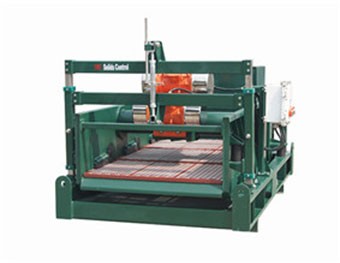 Linear Motion Shale Shaker In Drilling Rig
Linear Motion Shale Shaker In Drilling Rig 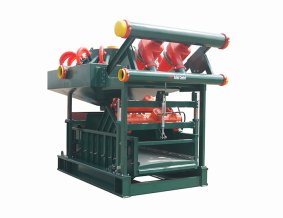 Oilfield Mud Cleaner
Oilfield Mud Cleaner 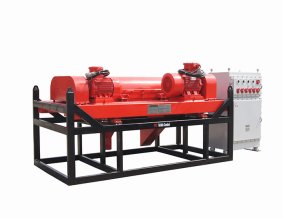 Drilling Fluid Decanter Centrifuge
Drilling Fluid Decanter Centrifuge Drilling Mud Desander
Hydrocyclone Desilter
Centrifugal Pump/Centrifugal Mud Pump
Shear Pump
Jet Mud Mixer
Horizontal Mud Agitator
Constant Pressure Drilling Fluid Mud Gas Separator
Mud Gun
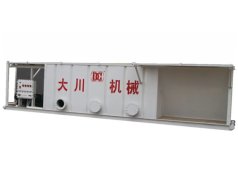 Mud Tank
Mud Tank Solids Control System Vacuum Degasser
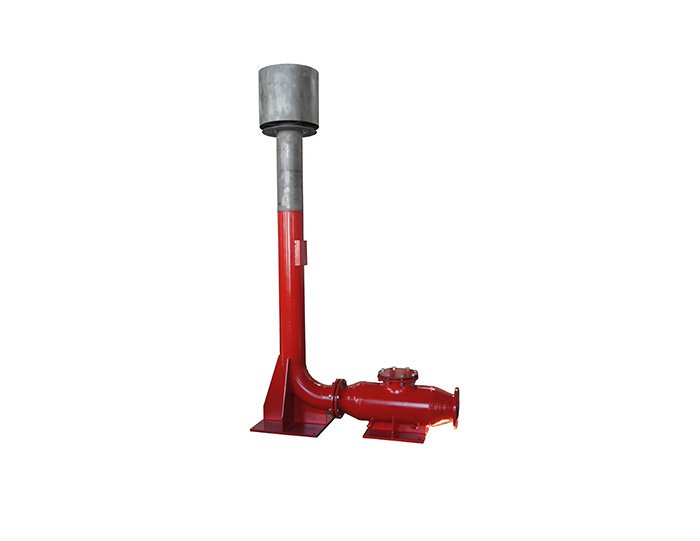 Flare Ignition Device
Flare Ignition Device 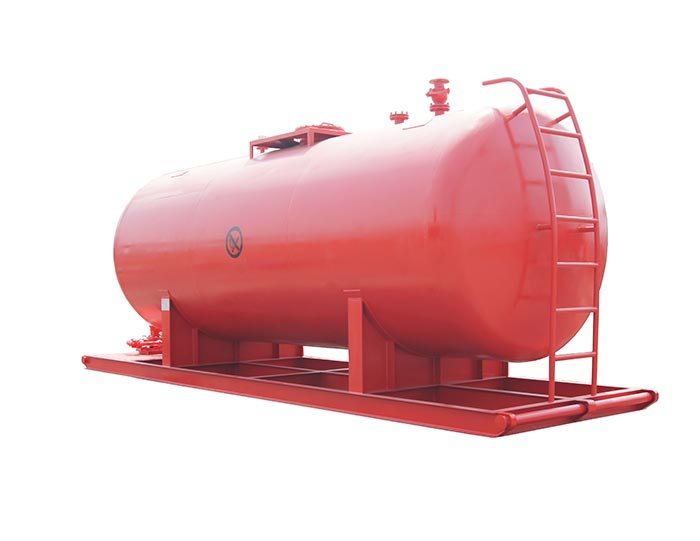 Diesel Tank
Diesel Tank 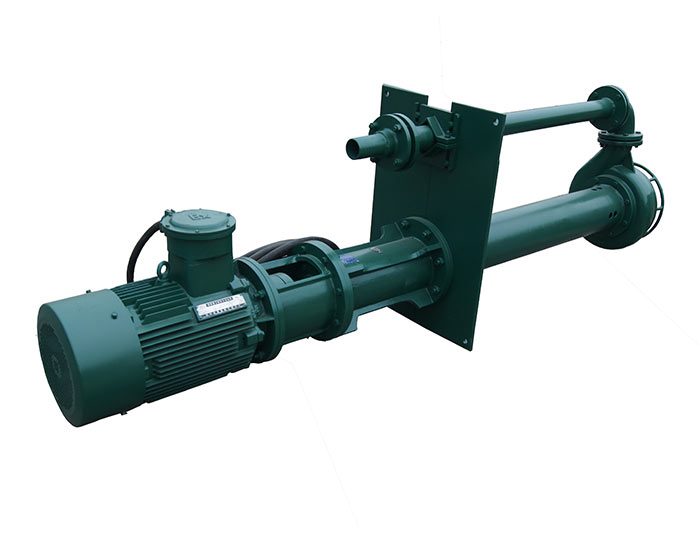 Submersible Slurry Pump
Submersible Slurry Pump 



